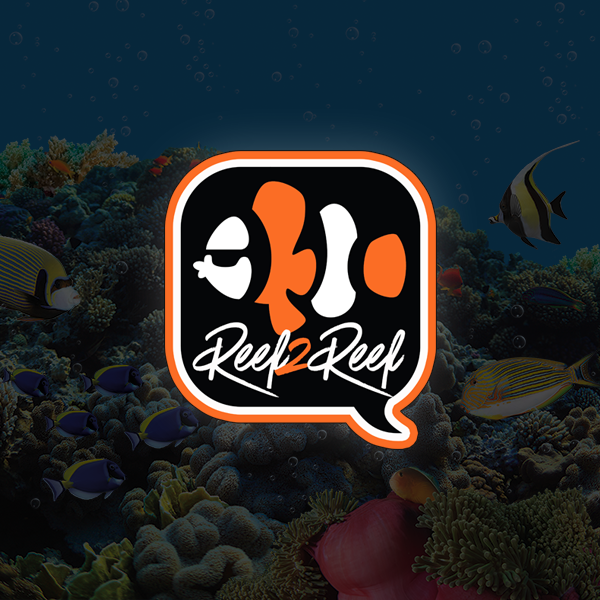Does ORP still decrease if you add H2O2 to sterile seawater?
Perhaps syringe filtering seawater into .22um filter. Does anyone know if ORP will still decrease?
Some people sterilize seawater with bleach and neutralize to make a phytoplankton culture. Could that be used in the sterile water test?
Perhaps syringe filtering seawater into .22um filter. Does anyone know if ORP will still decrease?
Some people sterilize seawater with bleach and neutralize to make a phytoplankton culture. Could that be used in the sterile water test?





















